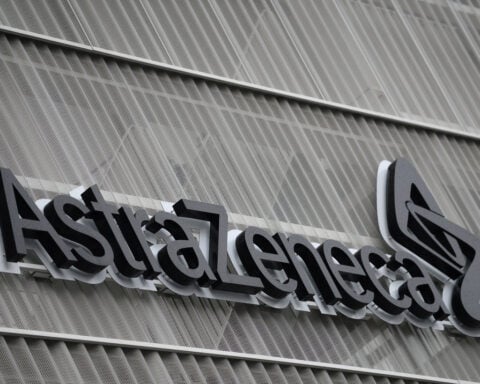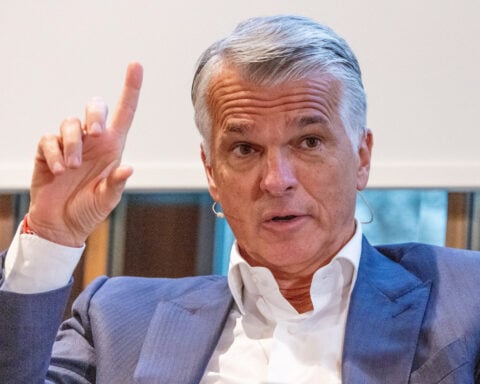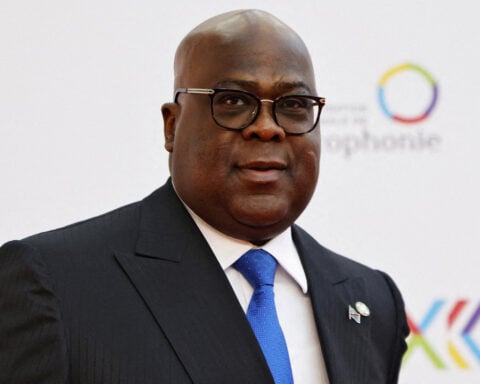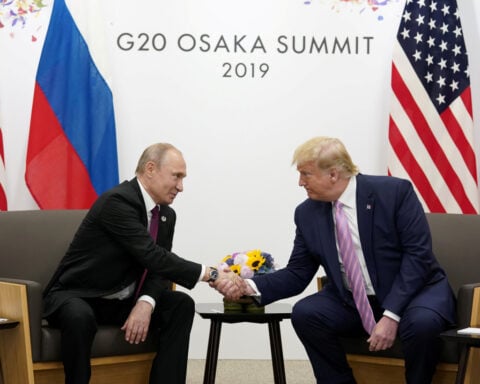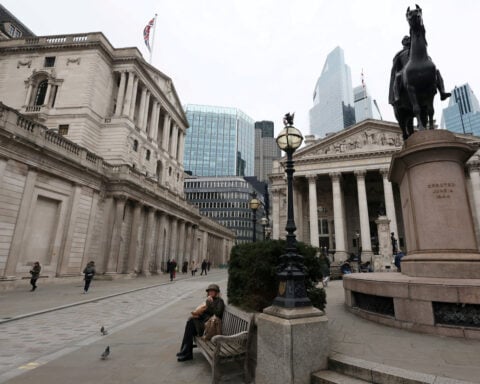(CNN) — Anyone who had any doubt that Donald Trump’s love of tariffs is true should take note of his new promise, for Day 1 of his presidency, to slap products imported from Canada and Mexico with 25% taxes.
Trump said the new taxes on those foreign goods, along with a 10% hike in tariffs on products from China, would remain in place “until such time as Drugs, in particular Fentanyl, and all Illegal Aliens stop this Invasion of our Country!”
What could get more expensive
The US imports gas from Canada, and it’s reliant on Mexico for produce. Prices could rise at the pump and the grocery store, along with many other places, if the US gets involved in a trade war to its north and south.
After an election where many voters thought they were voting for cheaper goods, the future president is essentially promising to raise prices on things like groceries, electronics and automobiles and potentially kick off a trade war with two of the country’s closest trading partners.
The tariffs might also violate the very trade agreement Trump negotiated with Mexico and Canada during his first term.
Are these new threats a bargaining tactic meant to bring the countries to the table on immigration, or are they real promises? We shall see in time. Meanwhile, it’s worth looking at why Trump can impose these tariffs without input from Congress.
This is not what the Constitution envisioned
After all, the Constitution specifically gives Congress, not the president, the power to “regulate Commerce with foreign Nations.”
How does Trump have the power to impose tariffs without any input from Congress? It’s pretty much the opposite of what’s in the Constitution, and it didn’t happen right away.
For insight, I talked to Doug Irwin, an economics professor at Dartmouth College and the author of multiple books about tariffs and trade policy, including “Trade Policy Disaster: Lessons from the 1930s.”
Smoot-Hawley tariffs exacerbated the Great Depression
In the years after World War I, Congress had embraced isolationism and imposed tariffs on imports into the US as a way to protect US companies and workers from competition. As the Great Depression was beginning, Congress went back to this tool and imposed a law named for then-Sen. Reed Smoot of Utah and then-Rep. Willis Hawley of Oregon. The additional across-the-board tariffs in the Smoot-Hawley Act kicked off a trade war that exacerbated the Great Depression.
After Franklin D. Roosevelt took office along with a Democratic majority, lawmakers corrected in the other direction. In 1934, they passed the Reciprocal Trade Agreements Act, which gave the president power to lower import duties for countries with which the US had trade agreements.
In the 1960s, presidents got power from Congress to impose tariffs for national security reasons, something Trump made use of during his first term when dealing with China, Europe, Canada and Mexico.
Irwin said it could take some time for Trump’s Commerce Department to conduct that investigation and determine there is a national security threat from Canada and Mexico, but it’s also possible Trump could try to sidestep such a report.
In the 1970s, Congress gave the president new trade promotion authority power to negotiate trade agreements and then have Congress ratify them without amendment. It’s something lawmakers have granted at key moments in the years since, including in 2015, when a much more free trade-oriented GOP gave then-President Barack Obama authority to negotiate with a group of countries in the Pacific region.
Trump later killed that deal, but he used the fast-track authority to negotiate the US-Mexico-Canada Agreement he may now violate with new tariffs.
Trump’s tariffs
For tariffs, Trump has instead focused on that 1962 law, which requires a report from his administration justifying tariffs as a national security matter but does not require a vote by Congress. Notably, President Joe Biden maintained Trump’s first-term tariffs on China and even increased some.
“Congress, basically starting in the 1930s, almost a century ago, has started giving away a lot of its tariff authority,” Irwin said. “And so now we’re in a situation where the president is really sort of the main driver on trade policy, and Congress, even though the Constitution gives it most of the authority, is in the back seat.”
If all of this sounds a little familiar, that’s because Trump ultimately lifted tariffs he imposed on steel and aluminum from Canada and Mexico in 2019, on the way to finalizing that trade agreement.
‘We know what works’
Trump’s aides see the first administration’s tactics as a model for Trump’s second administration, according to CNN’s Priscilla Alvarez, who reports these threats are part of an effort to resurrect an old approach and do it early on.
“We know what works,” a Trump transition official told Alvarez.
Alvarez adds there is belief among those in his orbit that the threats worked the first time in getting neighboring countries to comply on migration. Mexico’s President Claudia Sheinbaum responded to Trump’s tariff threat with a warning about reciprocal tariffs and said “neither threats nor tariffs will solve the issue of migration or drug consumption.”
The-CNN-Wire
™ & © 2024 Cable News Network, Inc., a Warner Bros. Discovery Company. All rights reserved.

 BMW to integrate Huawei smart-connect system into its China-made cars in 2026
BMW to integrate Huawei smart-connect system into its China-made cars in 2026
 AstraZeneca to buy EsoBiotec for up to $1 billion
AstraZeneca to buy EsoBiotec for up to $1 billion
 UBS keeps lid on CEO Ermotti's pay in 2024 amid tussle on regulation
UBS keeps lid on CEO Ermotti's pay in 2024 amid tussle on regulation
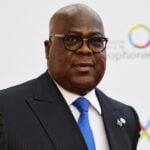 Congo president meets US lawmaker amid talk of mineral deal
Congo president meets US lawmaker amid talk of mineral deal
 Brands ditch South Korean actor Kim Soo-hyun over dating scandal
Brands ditch South Korean actor Kim Soo-hyun over dating scandal
 Trump to attend Kennedy Center for board meeting, as its new chair
Trump to attend Kennedy Center for board meeting, as its new chair
 These dedicated runners have done every LA Marathon for nearly 4 decades
These dedicated runners have done every LA Marathon for nearly 4 decades

